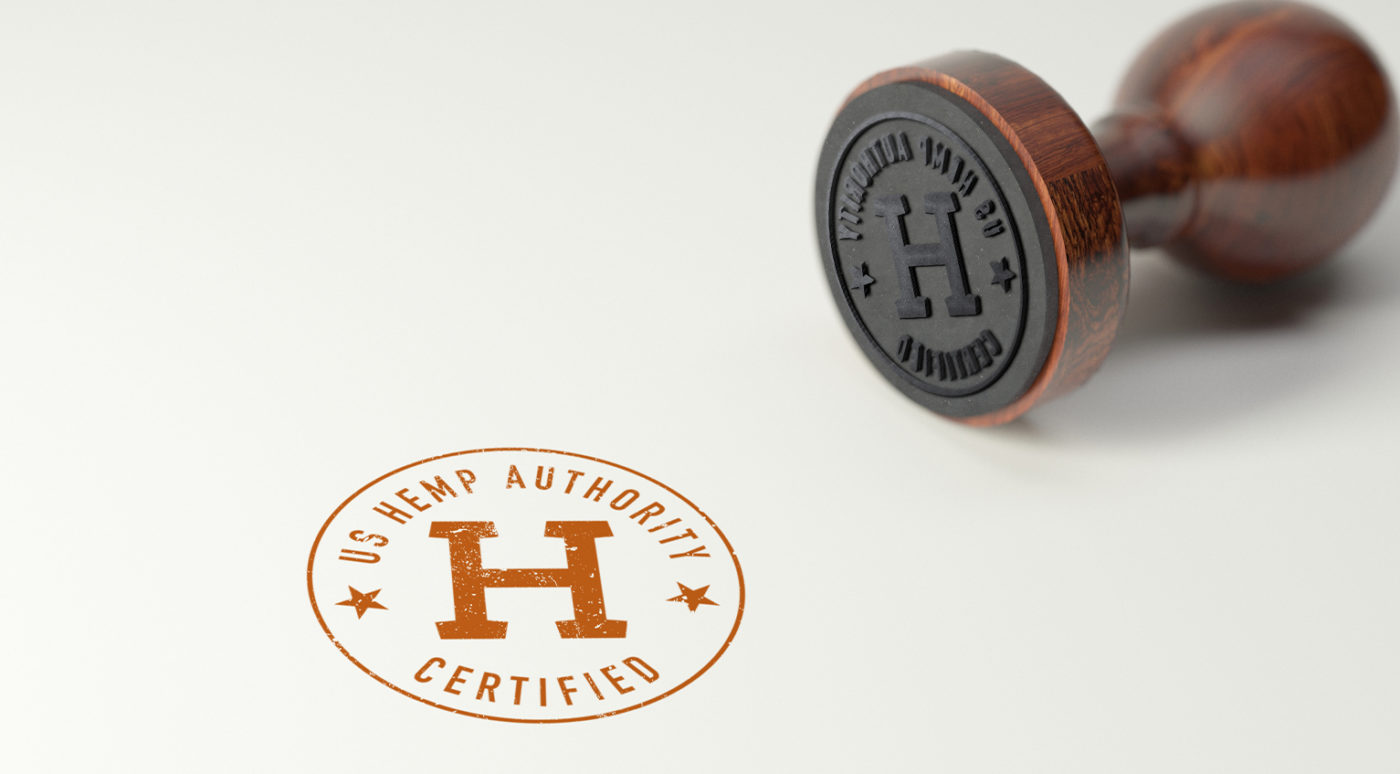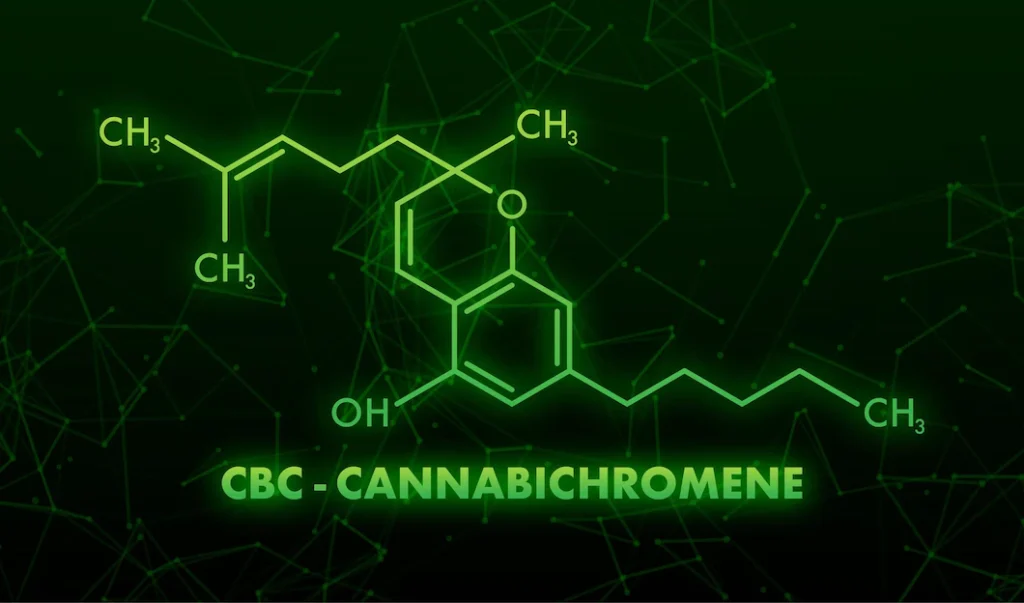
Trust and Transparency: Understanding the U.S. Hemp Authority® Certification Program
July 29, 2020
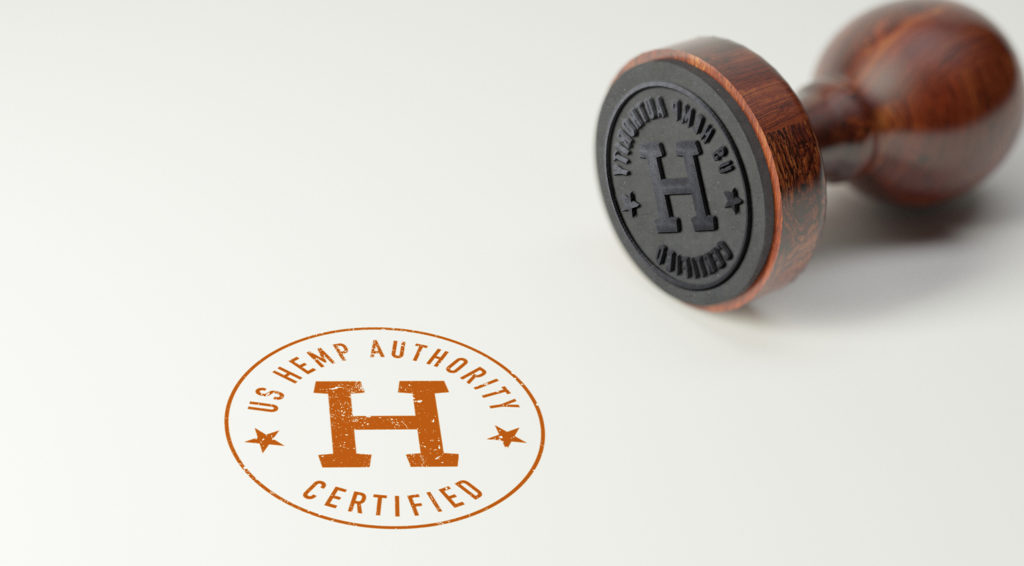
This week our post is brought to you by Dr. Marielle Weintraub, President of the U.S. Hemp Authority® and Director of Scientific Research and Development at Zilis, and joining her is nationally known hemp expert and attorney, Jonathan Miller. Together Dr. Weintraub and Mr. Miller offer insight into this award-winning hemp certification program and why earning this prestigious seal of approval is so important for building trust and transparency in the hemp industry.
A main challenge facing reputable, quality-focused, and consumer-safety conscious hemp companies today are all the companies who are poorly manufacturing CBD products and selling them with misleading labels and making illegal disease claims. Unfortunately, the good and the not-so-good hemp companies all get lumped together, and it can be very hard for consumers to understand which products they should be investing in.
Now more than ever, consumers are paying attention to the ingredients that they are putting into their bodies. They are looking for ways to help support their overall wellness and by actively seeking information to understand as much as they can. Truth-in-labeling and transparency of products remains the number one consumer necessity, especially when it comes to hemp and CBD products, but additionally for all dietary supplements they plan on purchasing. Due to state regulations and, in some cases, a choice, hemp CBD companies are much more transparent than many mainstream dietary supplement companies. As an example, hemp industry companies have an increasing trend of posting Certificates of Analyses (COA) clearly online or using QR codes (as per state regulations) on their products to disseminate COA information. This transparency is helping consumers identify legitimate products.

Recently a report was released by the U.S. Food and Drug Administration in response to the Congressional Directive regarding Cannabidiol to “…perform a sampling study of the current CBD marketplace to determine the extent to which products are mislabeled or adulterated and report to the Committees within 180 days of enactment of this Act.” Following testing of various types of CBD-infused products, the FDA found that many were mislabeled, containing far less or far more CBD than listed on the product label. Interestingly, although there were a high number of mislabeled products regarding their cannabinoid content, the majority of products tested did not contain contaminant levels, such as heavy metals, considered to be unsafe. This was a point of concern previously voiced by the FDA as hemp is a well-known phytoremediator.
Phytoremediation is a process where living plants essentially clean the soil, air, and water that may be contaminated (with undesirable heavy metals, pesticides, or other toxins). This is great for the earth, but because they are absorbed into the plant, can be harmful if ingested.

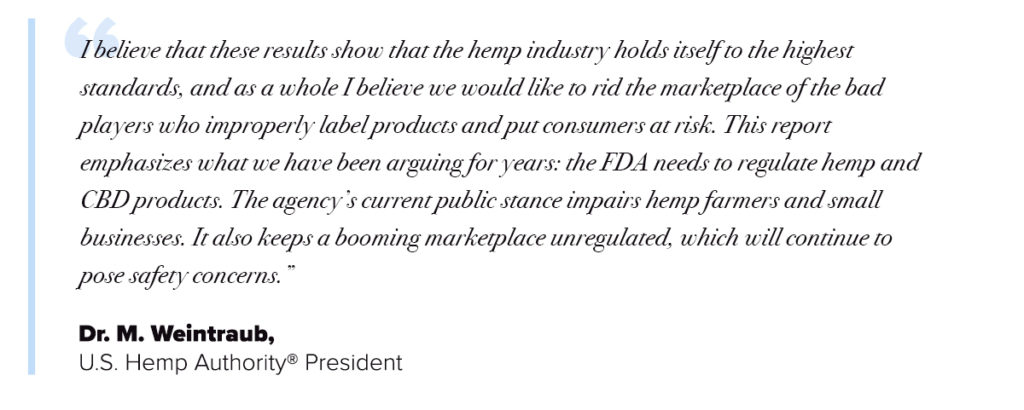
Because of the continued lack of regulation from FDA, the U.S. Hemp Authority® (USHA) developed a robust program to build trust in hemp and CBD products. By certifying hemp growers, manufacturers, processors, and brand owners, through third-party independent audits, USHA has returned confidence to where it was missing, and trust to where it was needed.

To better understand the U.S. Hemp Authority® it must be first recognized that USHA is a non-profit trade association that is dedicated to improving business conditions within the emerging hemp industries to establish high standards, best practices, and self-regulation that enable commerce and consumers to identify consumable hemp products they can trust. USHA is not a member-driven organization and does not collect dues of any kind; you can’t just “join” USHA. This is not a pay-to-participate organization. Like other certification agencies, those who seek certification must pay a fee to a third-party auditing agency to conduct an independent on-site audit and meet or exceed the requirements entailed in USHA guidance document. Obtaining third-party independent certification requires rigorous commitment to excellence, a physical audit inspection that includes label validation, COA inspections, manufacturing information, auditor interaction with employees, and a willingness to have auditors comb through a company’s processes and procedures, and much more. In addition, for a product to earn the USHA Seal, not only must the product qualify through the audit, the products must be derived from hemp plants. Cannabinoids from genetically modified and bio-engineered hemp are not permitted in the USHA program.
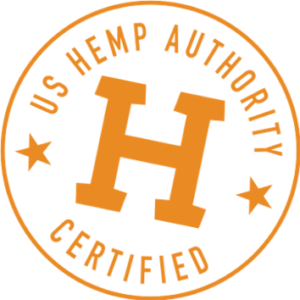
The rigorous audit is conducted by the third-party independent auditing agency FoodChain ID, a well-respected, BRCGS Five-Star Rated agency, who conducts USDA Organic Certifications as well as certify for the non-GMO Project Butterfly organization. Certification fees that allow a USHA Certified Company to use the USHA Seal are paid directly to FoodChain ID, with a fraction of that fee being distributed to the USHA for its operating budget.
USHA was purposefully formed and developed by stakeholders in the hemp industry to be a certification program that would fit the specific needs of the hemp industry. Therefore, the USHA trade association was set up to have both a Board of Directors and Technical Committee made up of members who serve on a volunteer basis and receive no compensation. USHA is governed through bylaws and additional governing documents that mandate a scrupulous conflicts of interest policy, including the requirement for all board and committee members to understand their obligations under these policies and to execute and submit the comprehensive “Declaration of Conflicts of Interest” form annually and at any time there is a change in an actual or perceived conflict of interest.
Companies that choose to undergo this rigorous third-party audit do so in hopes that their products can carry the prestigious U.S. Hemp Authority® Certification Seal. Zilis proudly earned the USHA Certification Seal in 2019, and as the Certification has a yearly audit mandatory for renewal, the Zilis quality team is prepared for the 2020 audit. UltraCell® products proudly carry the U.S. Hemp Authority Seal on every bottle. The USHA Seal gives consumers piece of mind and an easy way to identify that they are getting the most trusted products available in the hemp market.
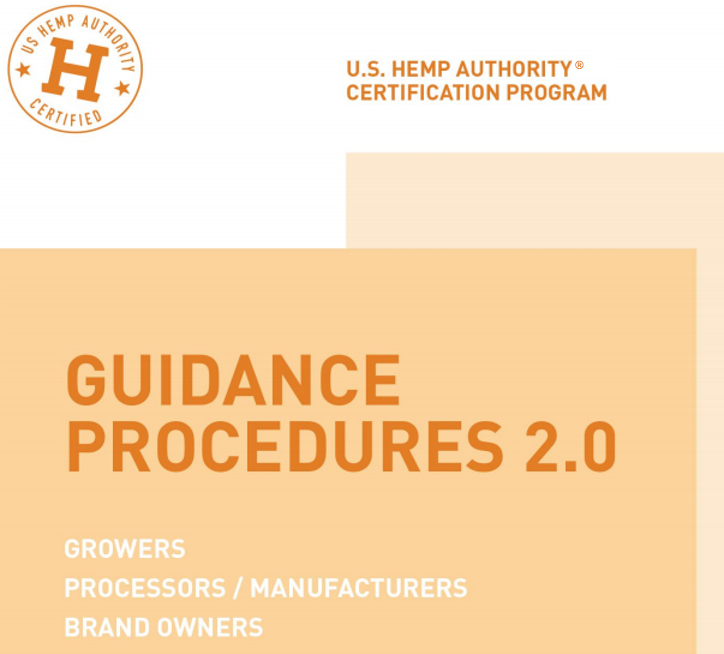
Our next post discusses water dispersible qualities for supplements. Stay tuned for Water Dispersible—What’s that?
About Zilis’ Scientific Research & Development Department
Our Scientific Research and Development Department is headed up by Dr. Marielle Weintraub, a hemp industry expert. She holds a master’s and a PhD in Behavioral Neuroscience and is very active in many dietary supplement and hemp industry trade associations, including her role as the current President of the U.S. Hemp Authority. Dr. Weintraub is committed to the continued development of hemp-specific information and testing to fulfill the Zilis mission.
Science posts for Discover are co-researched and co-written by Kelly McGill, Senior Scientific Technical Writer at Zilis. Kelly holds a bachelor’s degree in English and a master’s in Linguistics / TESL. She has been writing science-related content for over 20 years and is an expert in making difficult concepts easy to understand.
Zilis is the creator of UltraCell™, a CBD oil product derived from hemp. Based in Argyle, Texas, a suburb of Dallas-Fort Worth, Zilis is privately held. Visit zilis.com for more information.
SHARE THIS POST
ABOUT THIS BLOG
Discover : The blog with the lifestyle, nutrition, science, and history of the hemp industry.
It’s your go-to for the most up-to-date information on hemp, CBD, dietary supplements, and more! Check it out!

